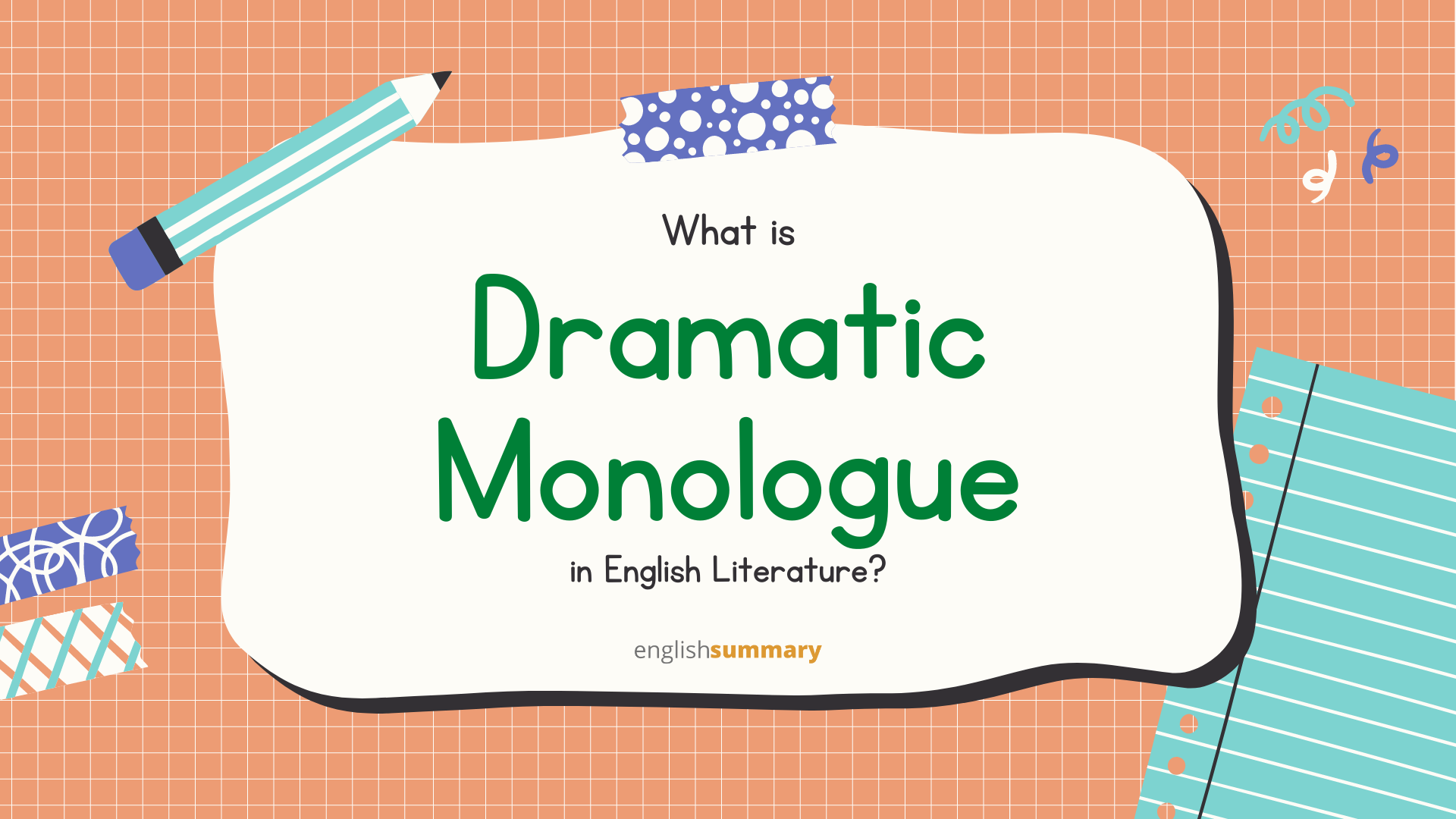Absurdism in Literature
Introduction Absurdism means the internal conflict between human tendency to find the inherent value and the meaning of life and his inability to find any. In other words, absurdism refers to humans struggle to find the region in his life and his inability to find it due to humanly limited constraints. Thus absurdism refers to … Read more

